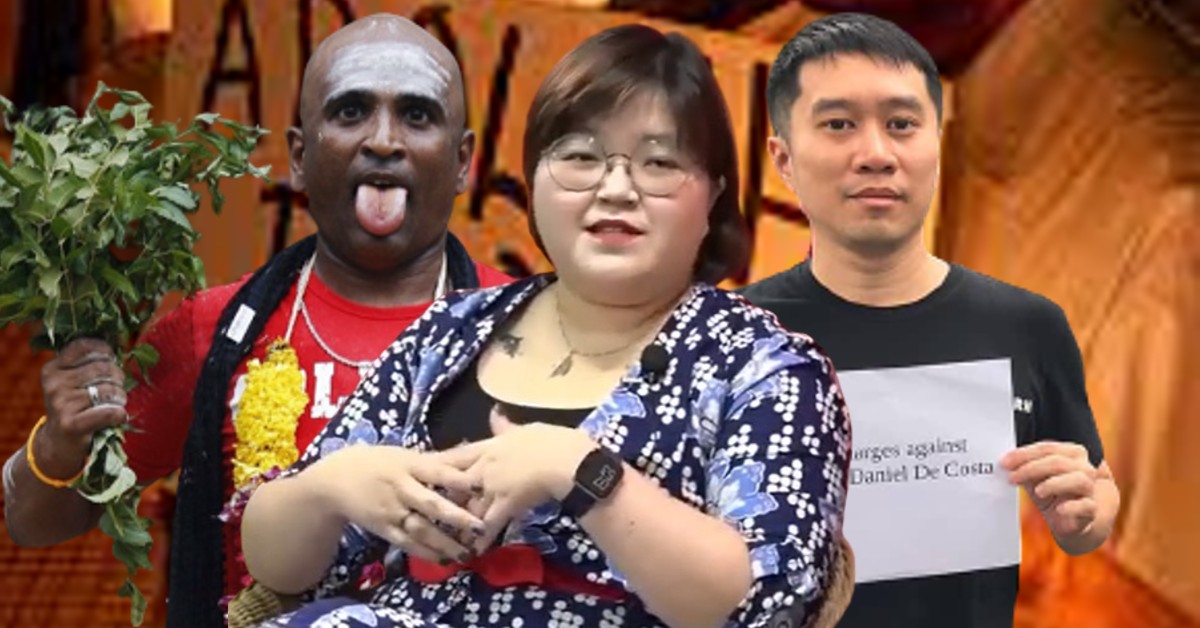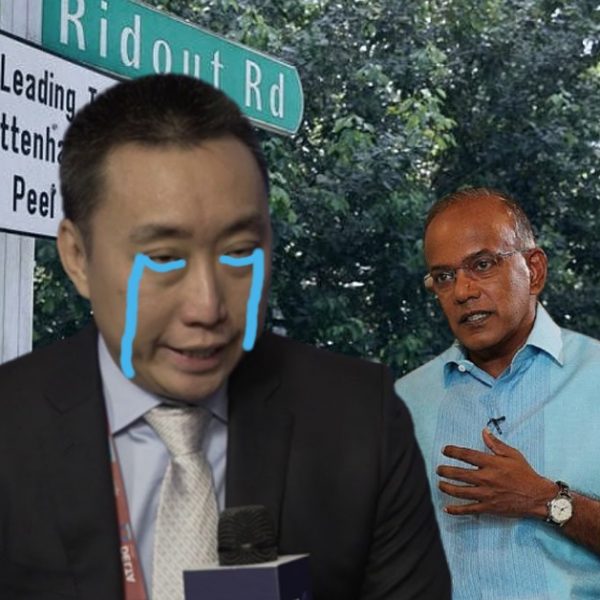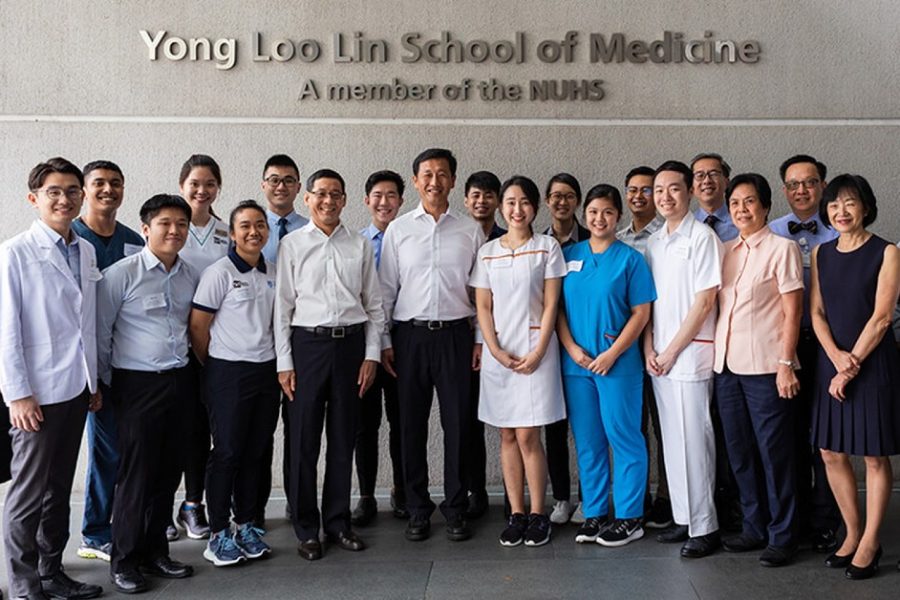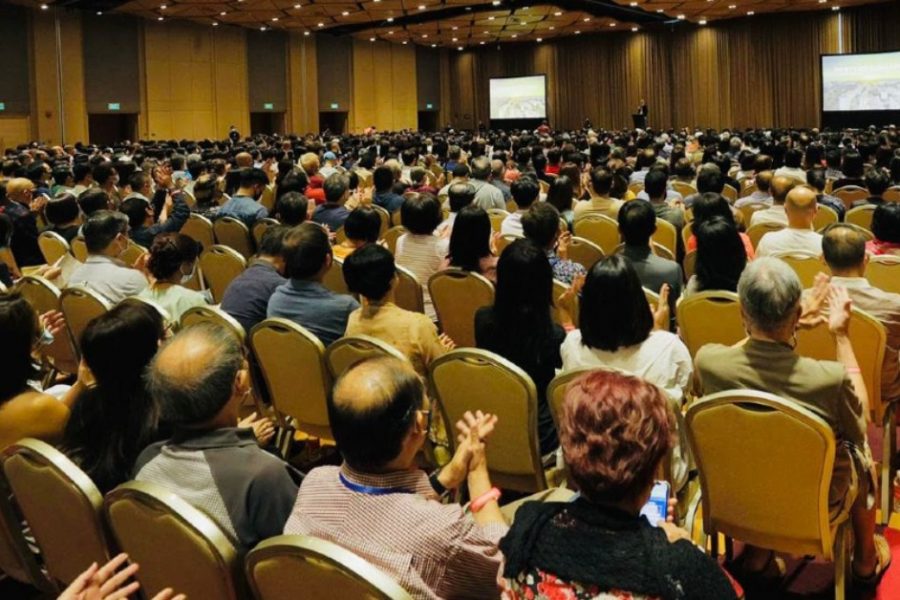By LM — Singapore has once again garnered international attention as it carries out its second execution in just three weeks.
In 2022, Singapore resumed executions after a two-year hiatus. Since then, 13 people have been hanged, including two in the past three weeks. The Southeast Asian nation, known for its strict stance on drug trafficking, has faced mounting criticism for its use of the death penalty. Activists and Human Rights Organizations are decrying it as inhumane and unjust.
The latest execution took place amid a heated global debate on the ethics of capital punishment. As news of Singapore’s actions spread, intergovernmental organizations (IGOs) such as Amnesty International have openly condemned the country’s approach.
“The call to the Singapore government has been loud and clear globally, and we will repeat the call: Singapore has to halt the executions” stated Katrina Jorene, Amnesty International’s executive director for Malaysia.
However, voices from amongst Singapore are continuously rising to criticize the government’s stance on drugs. Prominent death penalty abolitionists Kirsten Han, M Ravi, and Jolovan Wham have been vocal advocates for change. Their tireless efforts to bring attention to the flaws in the current system have not gone unnoticed.
“Executing individuals for drug offenses not only fails to address the root causes of the issue but also perpetuates a cycle of violence,” said Han. “We should focus on alternative approaches that prioritize rehabilitation and harm reduction.”
The Singaporean government’s response to activists has been over the top.
Both Kirsten Han and M Ravi were recently issued Protection from Online Falsehoods and Manipulation Act (POFMA) orders in relation to their statements on a death sentence case. Critics argue that such actions stifle freedom of speech and limit the ability to have an open and honest discussion about the death penalty.
As Singapore grapples with its stance on the death penalty, the international community will be closely watching. The debate surrounding capital punishment for drug offenses will undoubtedly continue to make headlines. The actions taken by Singapore will shape not only its own future but, also its standing in the global arena. The recent executions are causing potential damage to Singapore’s international image. In an era where perception and the soft image is the sole determinant of a state’s investment opportunities, the question arises: Can Singapore afford to lose face on the international stage?
Despite the resistance they face, activists like Kirsten Han, M Ravi, and Jolovan Wham continue to fight for the rights of others. Their dedication serves as a reminder that progress is achieved through dialogue, empathy, and a commitment to justice.





